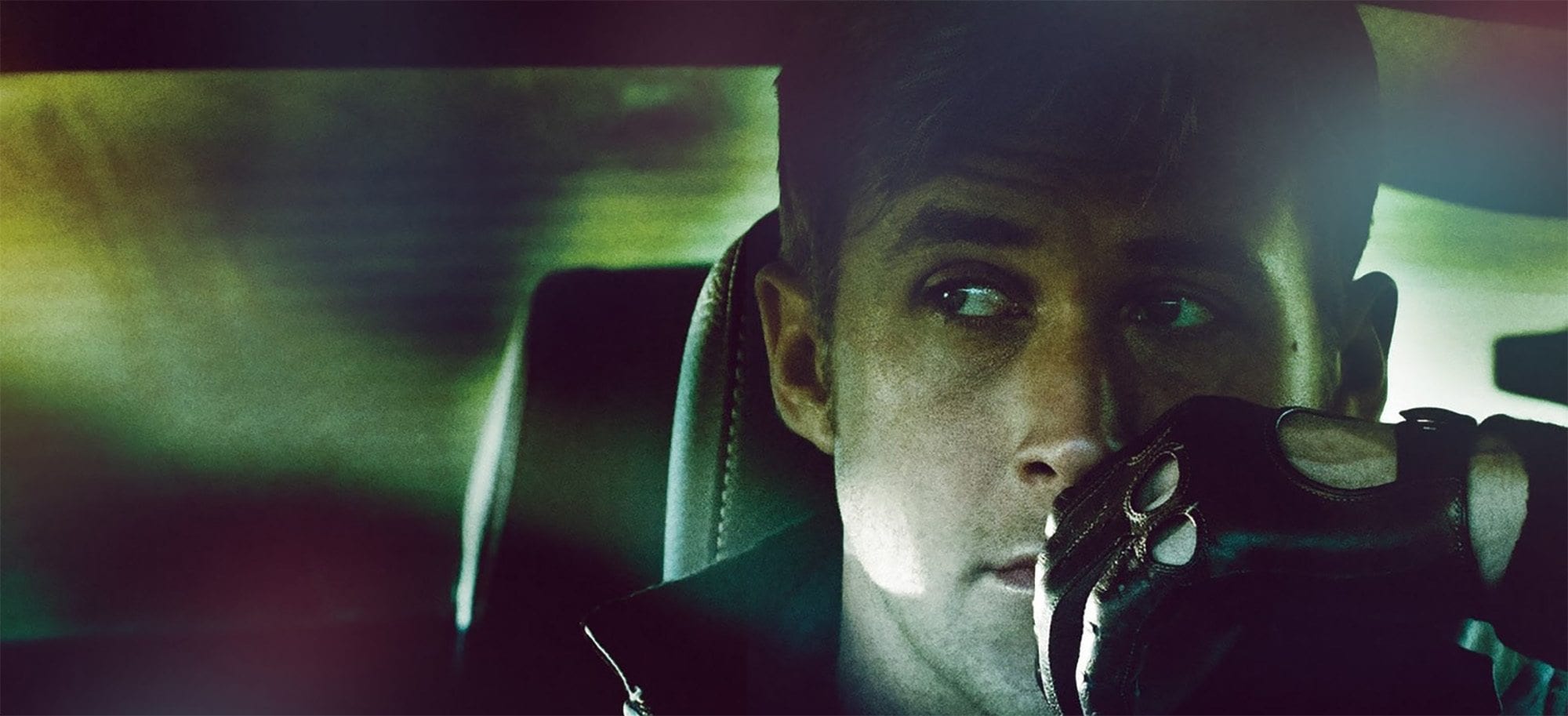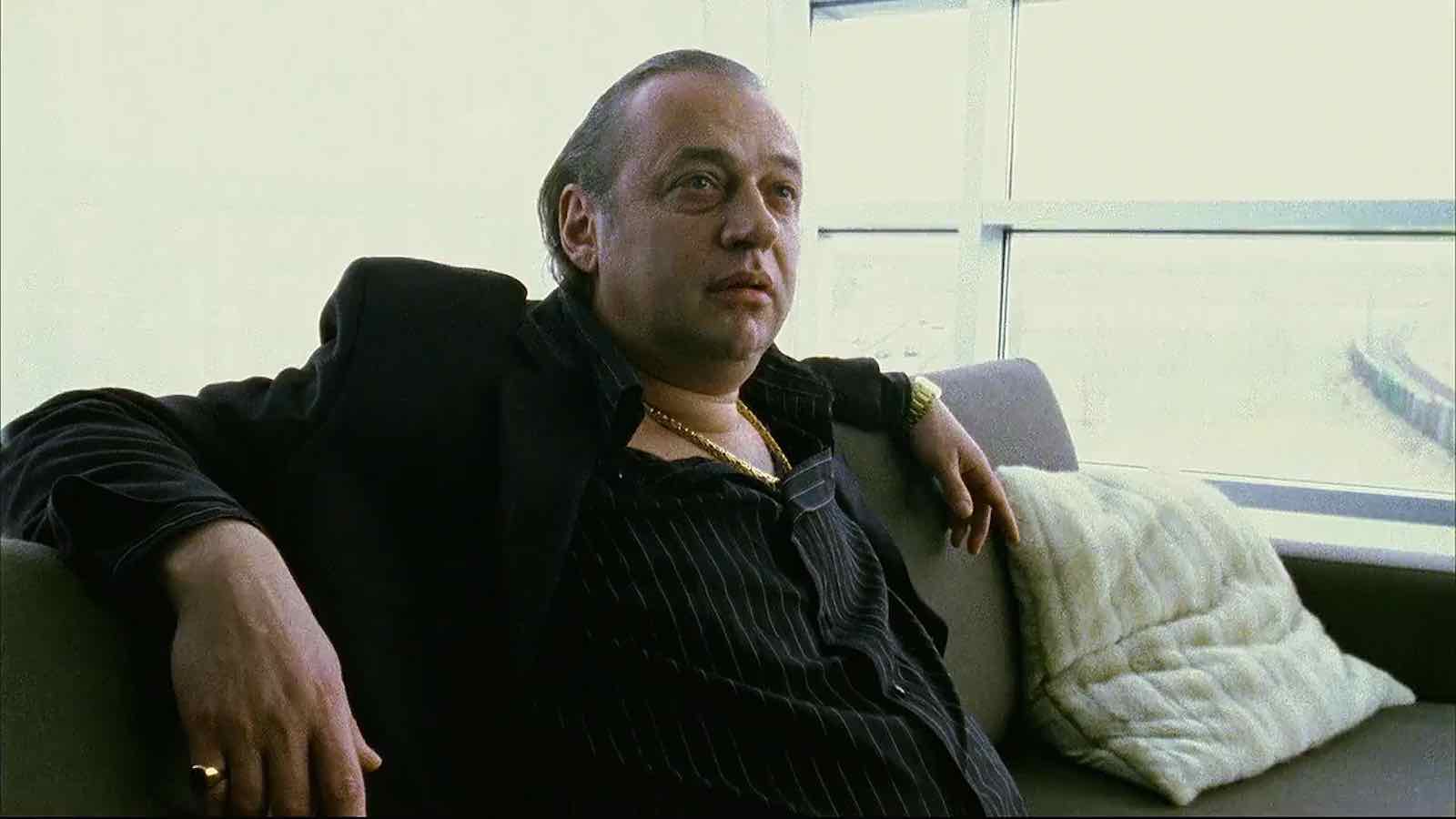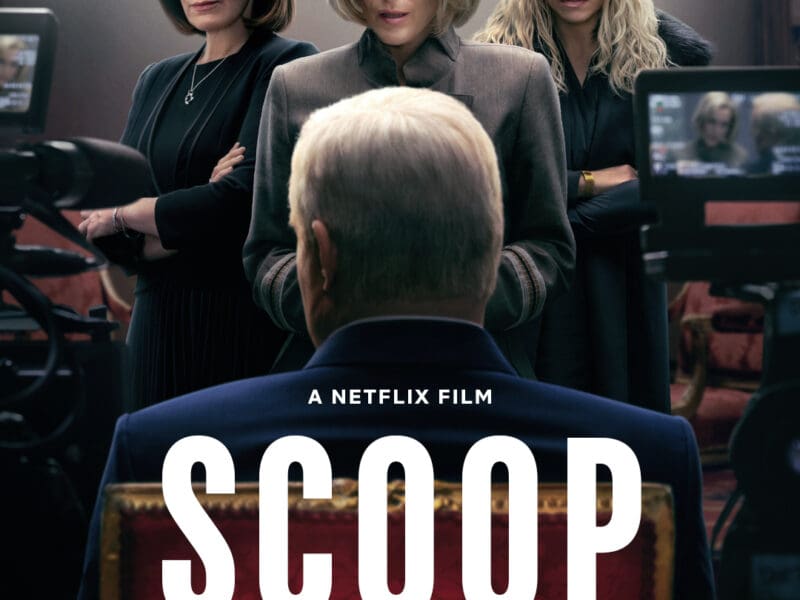
‘Drive’: A definitive ranking of Nicolas Winding Refn’s greatest films
When Nicolas Winding Refn released Only God Forgives after his widely successful neo-noir thriller Drive, audiences were a little perplexed. While many were expecting more of the same (especially since the auteur reunited with Ryan Gosling for the lead), instead they were given this experimental, brutal, tripped-out riff that’s chock-full of oedipal undertones.
Not that we were complaining – it’s an acquired taste but for fans of the director, it’s a unique, affecting, and aesthetically rich film. Which is why you might be pleased to know it joined the ranks of Netflix, meaning you have no reason not to give it revisit.

As a director, Refn most certainly commands great influence in modern cinema – his undeniable style ranges in scope with each film.
Lashings of tense, violent action can be seen alongside colorful, surreal, and arthouse qualities within his oeuvre and though his films have not always resonated the ways he might’ve intended them to, the settings and stories he builds are always dealt with healthy doses of skepticism about how the world works.
To celebrate Netflix picking up Only God Forgives, here are our top picks of the innovative and creative auteur’s filmography.

Bleeder (1999)
In his followup to Pusher, Refn weaves the story a video store clerk in Copenhagen who finds himself unable to cope with the news that his girlfriend is pregnant. The violence he submits her to proves to be a mistake for more reasons than one, as her brother is a violent racist.
Although the acting is unaffected – with a notable performance from Mads Mikkelsen – and there’s a determined brutality throughout, the film struggles somewhat with pacing, rendering it one of Refn’s most unremarkable movies.

The Neon Demon (2016)
The story to Refn’s most recent offering is nothing to write home about – an aspiring model (played by Elle Fanning) who moves to Los Angeles has her youth and vitality devoured by a group of beauty-obsessed women who will take any means necessary to get what she has.
However, what it did do was allow the director to explore high fashion in a feature length movie, resulting in stunning frames and astonishing visuals. While some argue these do not quite make up for the somewhat lacklustre plot, Refn fans with an eye for beauty would beg to differ.

Valhalla Rising (2009)
Dividing audiences with a bloodied Viking axe was Refn’s big budget period piece, seeing Mikkelsen as a pagan warrior and former slave who escapes his captors and joins a group of crusaders on their quest to the Holy Land. The director makes good use of the violent scenes while also implying with a muted dialogue that sometimes actions can speak louder than words.
Unequivocally arthouse, the film is recognized for its slow pacing (the aforementioned violent scenes are sporadic to say the least). Action-packed thriller this is not – be sure to only revisit when in a patient mood.

Pusher III (2005)
This film deserves credit as the third in Refn’s crime-centered Pusher trilogy, following an aging Serbian drug lord (Zlatko Buric) whose quest to be a family man while running a criminal organization is thrown into jeopardy due to a foiled drug shipment.
While Pusher III offers definite moments of interest, it feels oddly meandering, not quite hitting the mark with regards to the frantic pacing of its predecessors. Still a worthy contender, nonetheless.

Fear X (2003)
In this neo-noir psychological thriller, we’re shown a man’s descent into an obsessive journey to discover the true circumstances surrounding his wife’s seemingly random murder. John Turturro (Barton Fink) gives a stunning performance in the central role, holding up well within the compelling and uncertain plot.
Refn makes good use of surrealistic and claustrophobic shots, complemented well with a dread-filled electronic score by Brian Eno (The Lovely Bones). Solid, suspenseful, and daring, Fear X undoubtedly brings the fear.

Pusher (1996)
Refn’s first instalment to the crime-led trilogy, a drug pusher (Kim Bodnia) grows increasingly desperate after a botched deal leaves him with a large debt to a ruthless drug lord.
A fine example of Refn’s ability to push past genre tropes to raise deeper questions regarding identity and morality, the first half of the film steadily builds tension as Frank’s situation goes from bad to worse. And when the violence does eventually hit, it escalates at an aggressively fast and brutal pace.

Pusher II (2004)
Refn took a long old pause before releasing the follow up to his acclaimed crime hit, but many fans would argue it was worth the wait. Building upon what the first film did, we think this is an even better hit than the original, turning its focus to Tony as he’s released from prison with his mind set on fixing his broken life (which turns out to be easier said than done).
Refn truly redefines the criminal underworld genre, painting a gritty and realistic portrait of the world that culminates in a pitch-perfect climax. If you’re looking for a unique crime film that packs a punch without following the tropes of the genre, this is your beat.

Bronson (2008)
Tom Hardy (The Dark Knight Rises) gives an outstanding performance as the most violent and expensive prisoner in the history of the English penal system, Charles Bronson.
As funny as it is brutal, Refn offers a truly honest portrayal of the man who himself is larger than life – complex, unrelenting, and ruthlessly slippery (in every sense of the word). A fast-paced visual feast, Bronson is a cult classic that’s truly deserving of every fan who loves it.

Drive (2011)
As his most fully realized and effortlessly perfect film to date, Refn’s hardboiled, neo-noir crime thriller stars Ryan Gosling (Blade Runner 2049) as a mysterious Hollywood stuntman and getaway driver who finds himself in trouble when he helps out a neighbor and her jailbird husband.
With a hyper-stylized blend of violence, music, and striking imagery, Refn takes the film’s elements and makes them feel fresh, making it a loving homage to crime thrillers from before while also rendering it one of the most impactful films in recent cinematic history.







